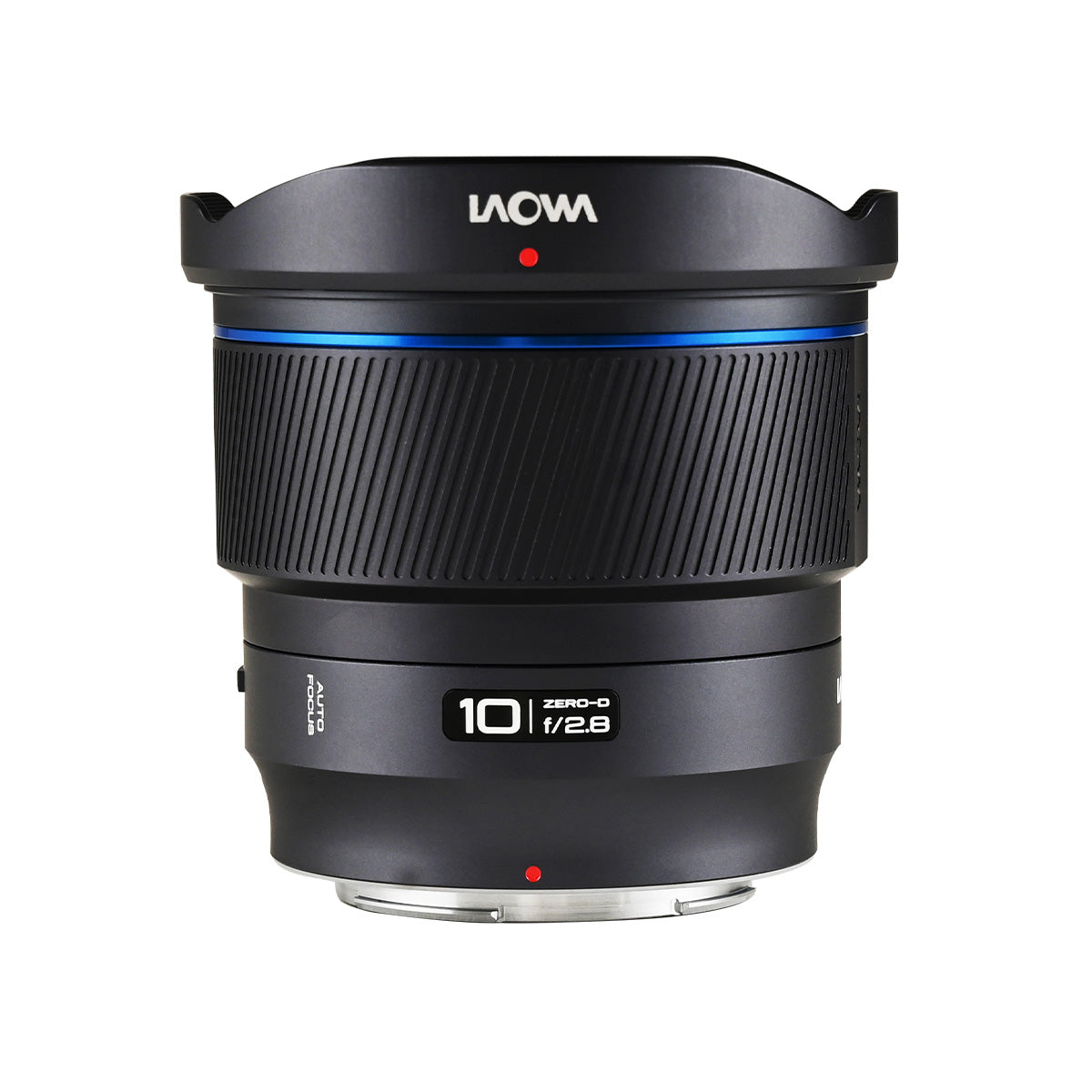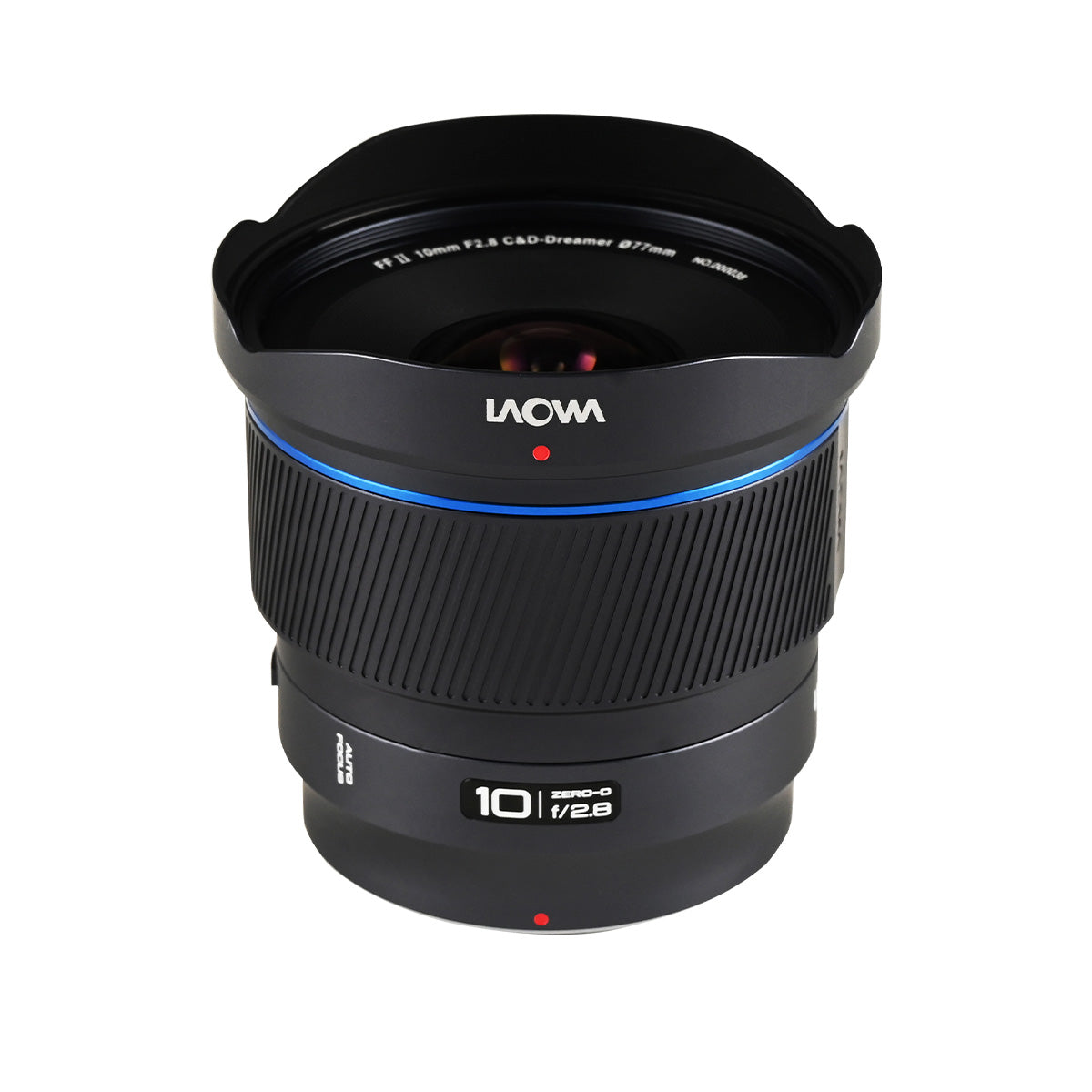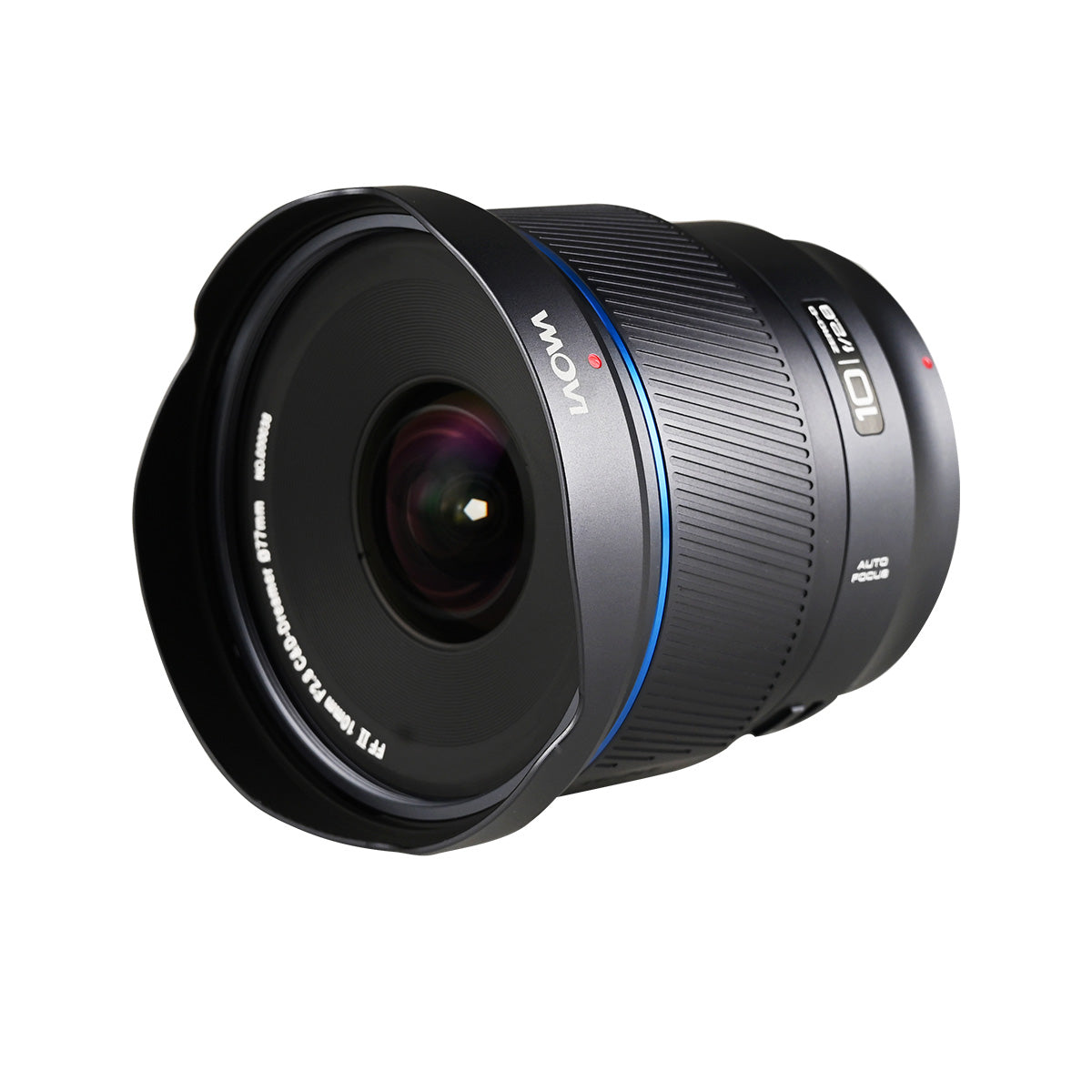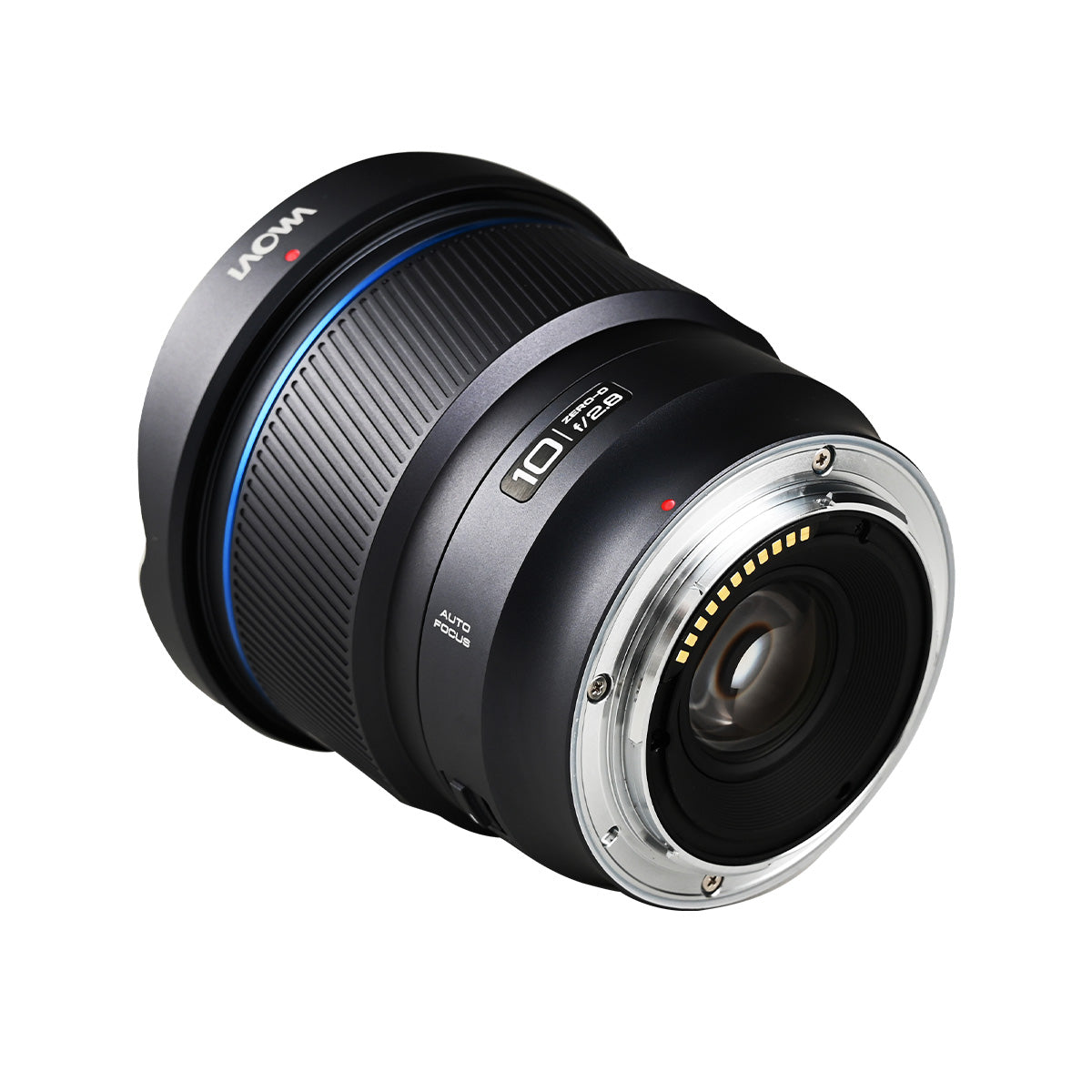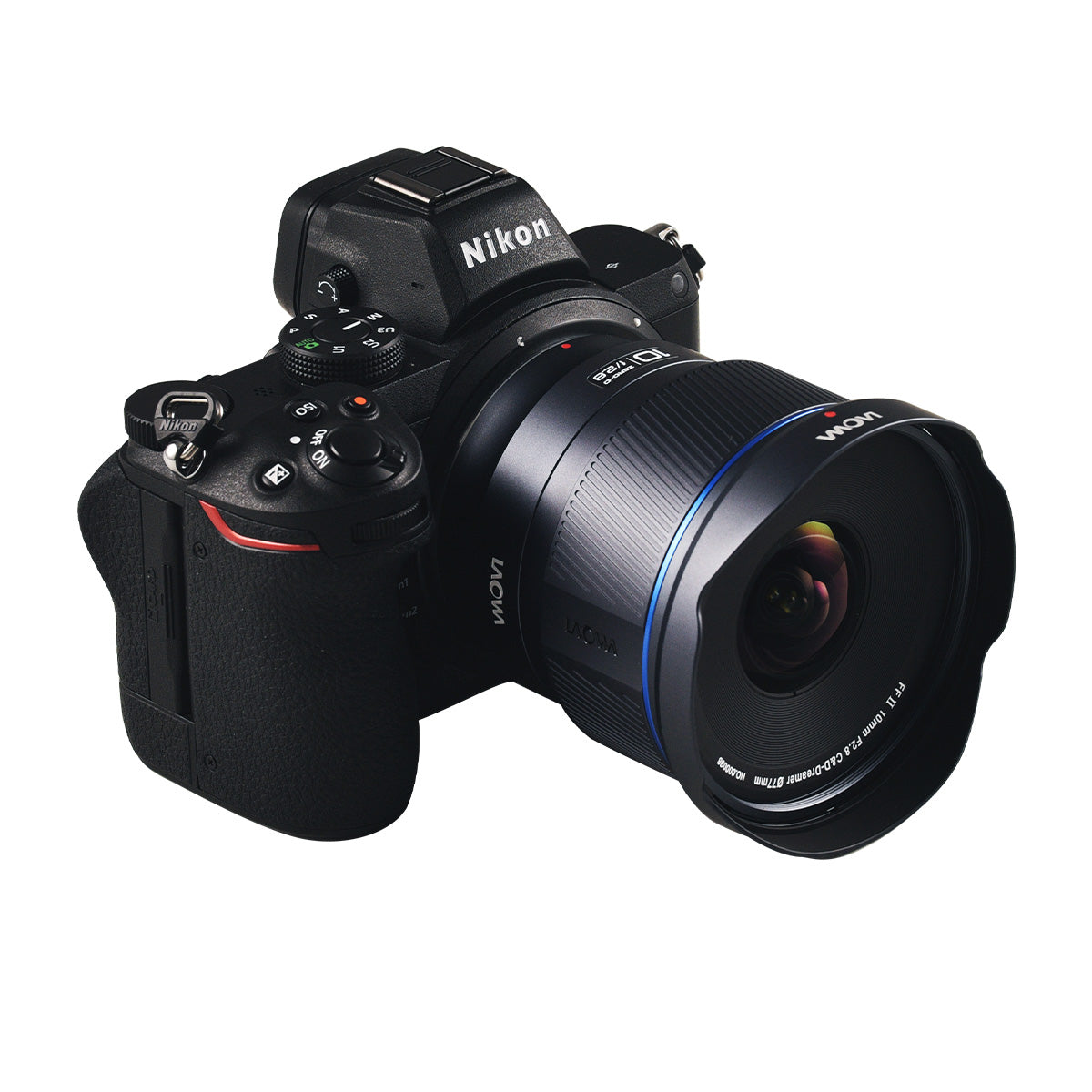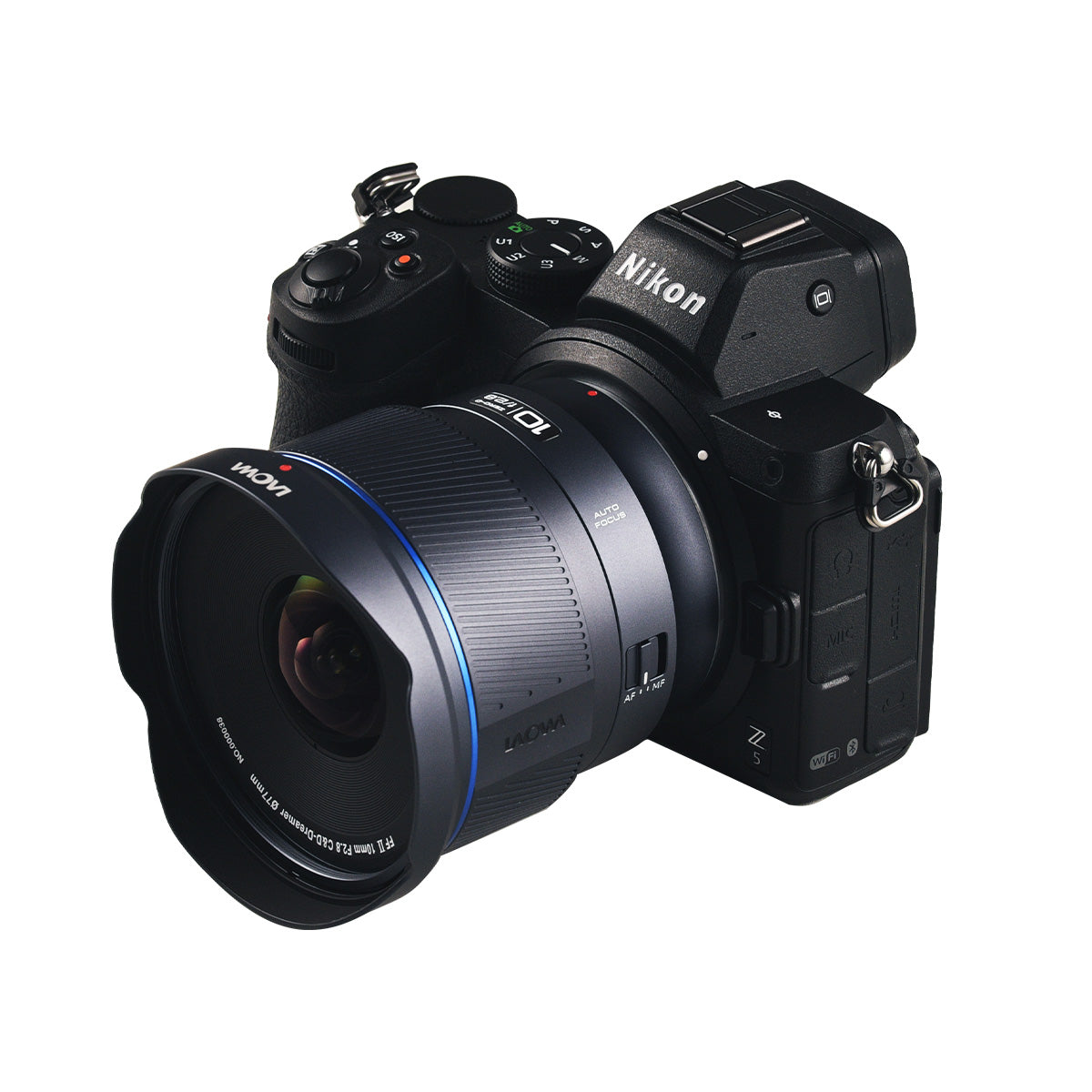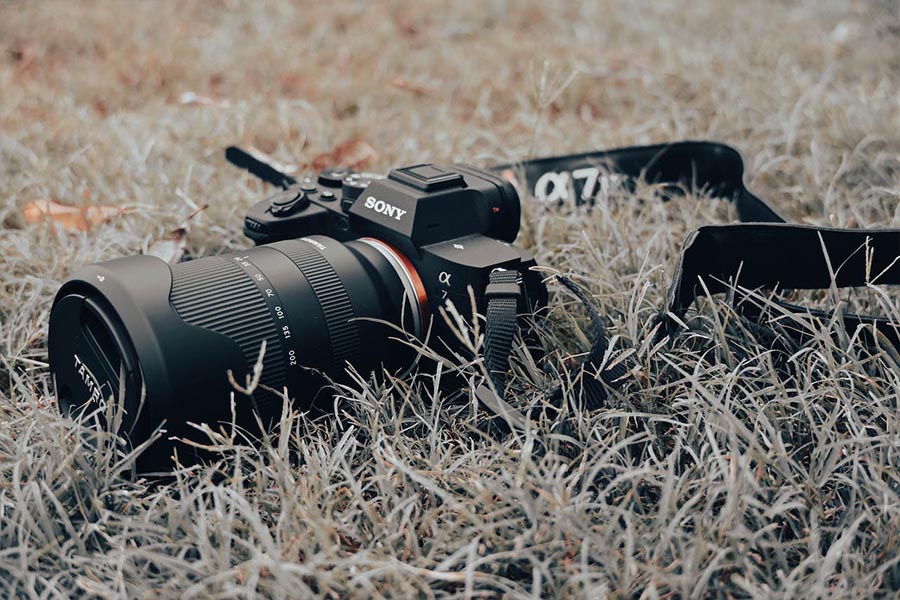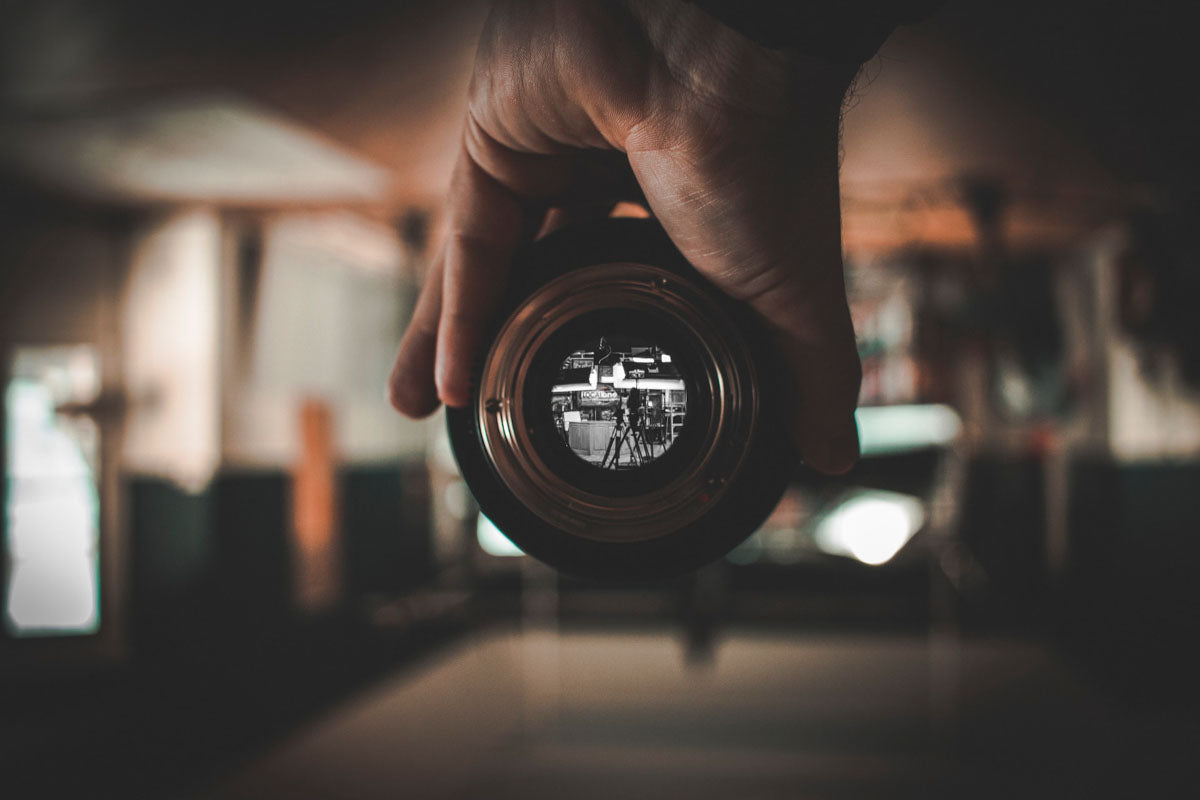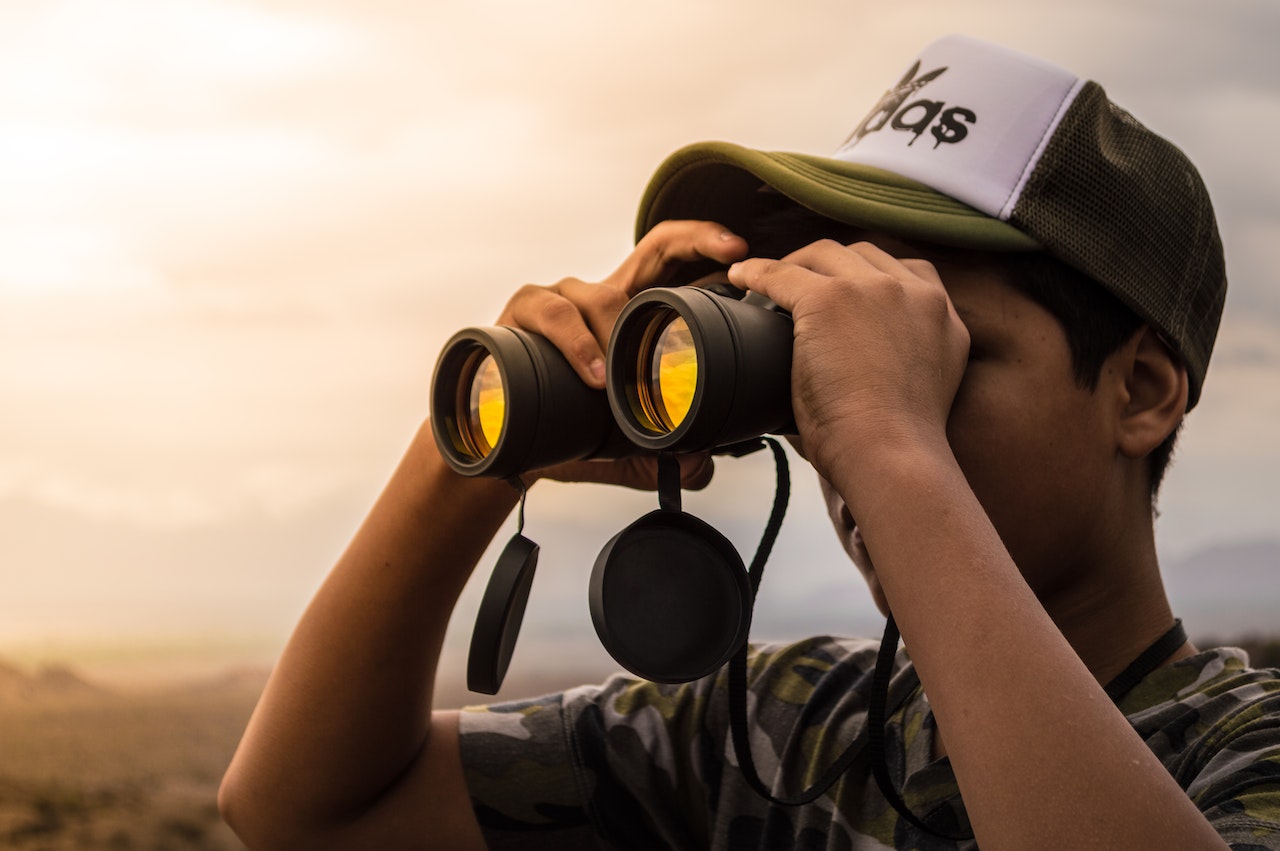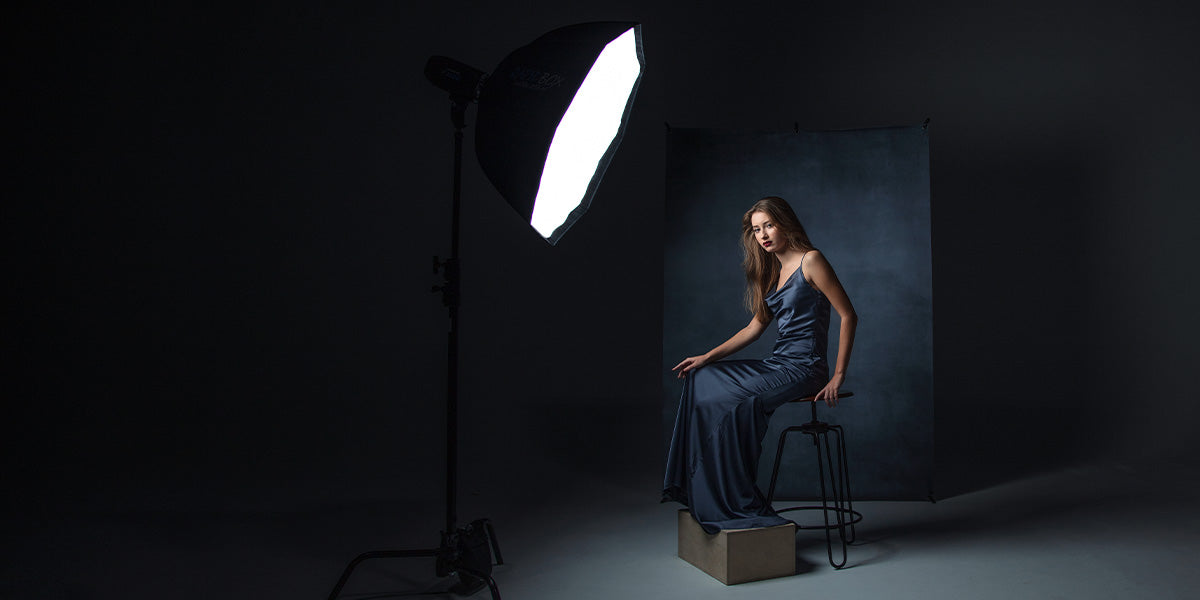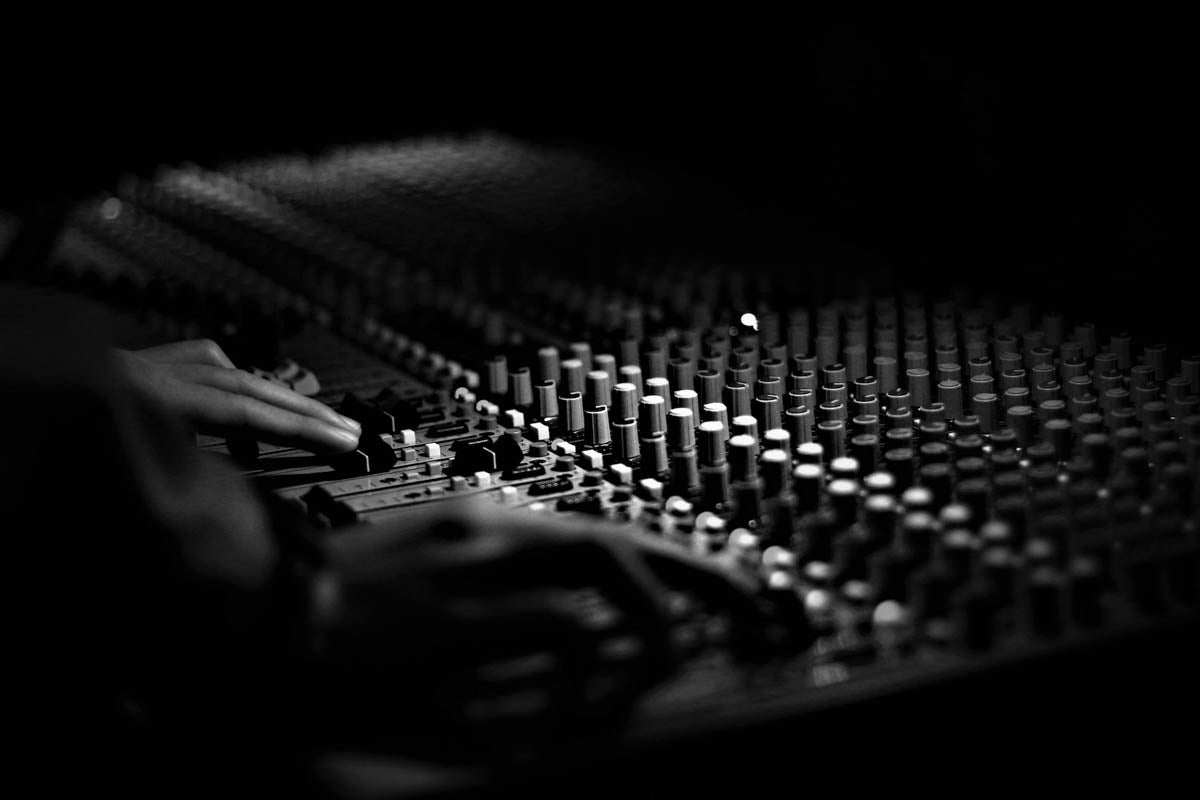Product Description
Laowa 10mm f/2.8 Zero-D FF Auto Focus lens Nikon Z Mount
Venus Optics has introduced the groundbreaking Laowa 10mm f/2.8 Zero-D FF Lens, setting new standards in ultra-wide-angle photography. This lens not only boasts the distinction of being the world's first rectilinear 10mm full-frame lens with an f/2.8 aperture but also marks the first auto-focus lens in Laowa's lineup for Sony E and Nikon Z mounts.
Ultra-wide 10mm with f/2.8 aperture: This lens offers an exceptional angle of view of 130°, making it perfect for capturing expansive landscapes, architecture, interiors, and astrophotography. The large f/2.8 aperture provides versatility in low-light shooting conditions.

Zero-D (Zero Distortion): Despite its ultra-wide angle, the lens delivers close-to-zero distortion, ensuring that straight lines remain straight without any curvature or distortion at the edges of the frame.

Compact & Lightweight: Designed to be compact and lightweight, the lens weighs only 420g (0.93 lbs), making it easy to carry and handle for extended shooting sessions.

Close Focusing Distance: With a close focusing distance of just 12cm, this lens allows you to capture detailed close-up shots with stunning clarity and sharpness.

⌀77mm Filter Thread: The lens features a 77mm front filter thread, allowing you to attach various filters for creative effects and image enhancement.

10-Point Sunstar: The lens produces a beautiful 10-point sunstar effect, adding visual interest to your images, especially when shooting against bright light sources.

Accurate and Reliable AF Performance: The auto-focus system of the lens ensures fast, accurate, and reliable focusing, allowing you to capture sharp images with ease.
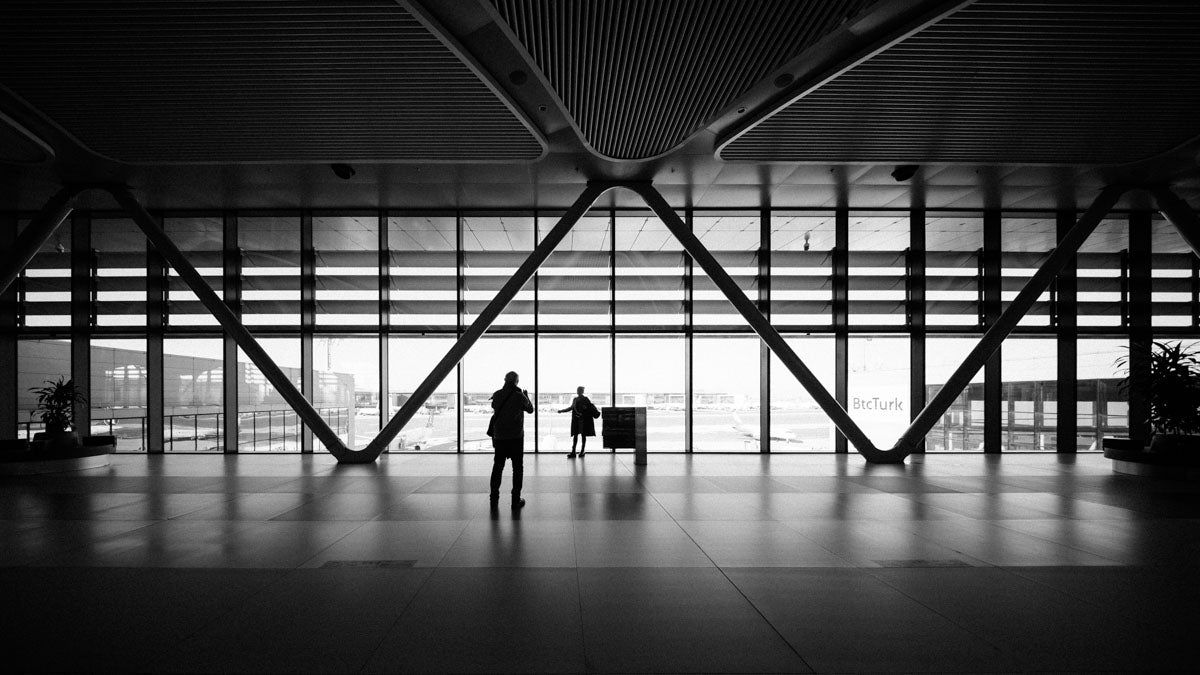
Outstanding Optical Design: Venus Optics has optimized the optical design of the lens to deliver outstanding image quality with high contrast, sharpness, and minimal aberrations.

Excellent Performance for Panorama and Astrophotography: The wide-angle perspective and high-quality optics make this lens an excellent choice for panoramic photography and astrophotography, allowing you to capture stunning images of the night sky and expansive landscapes.
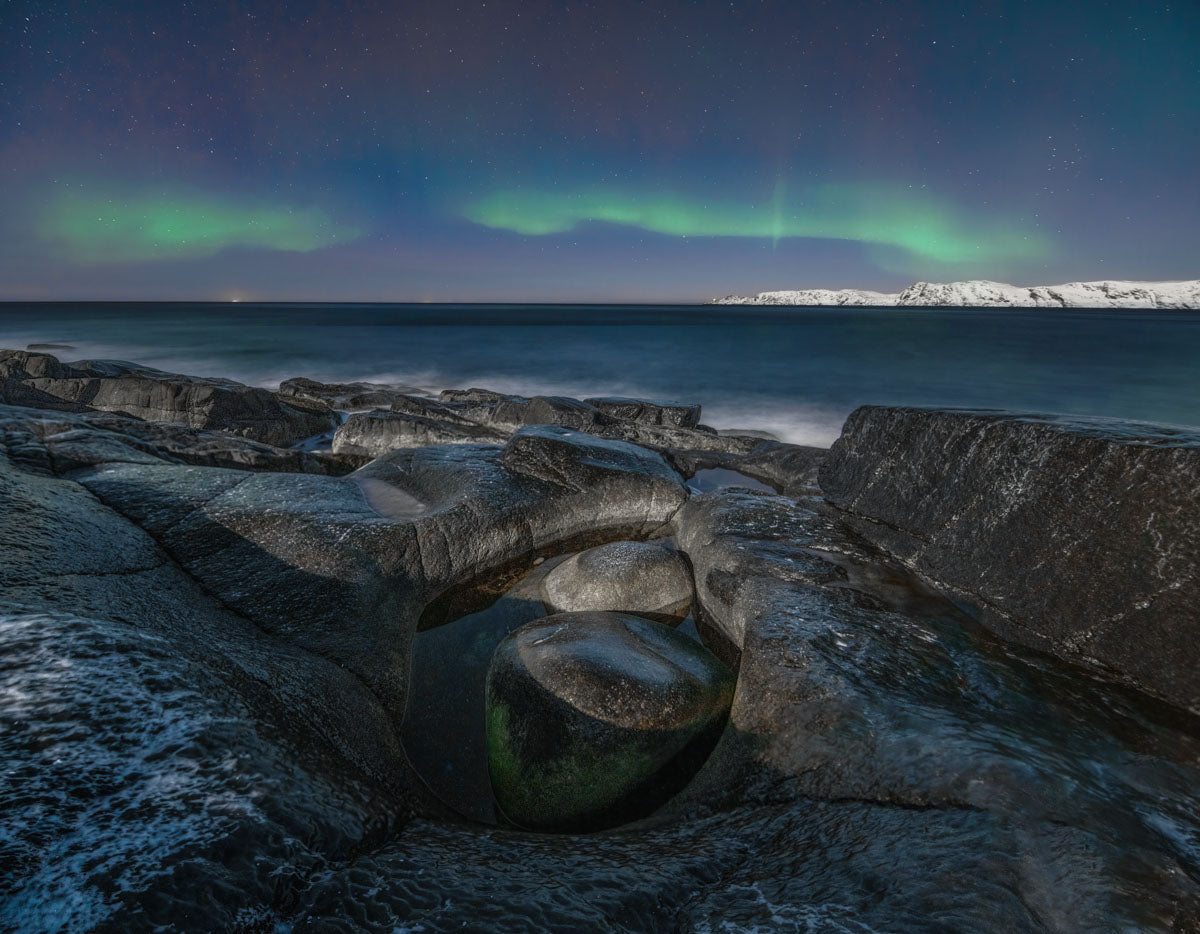
In summary, the Laowa 10mm f/2.8 Zero-D FF Lens represents a significant milestone in the realm of ultra-wide-angle photography, offering photographers and videographers unmatched creative possibilities and image quality. Whether you're capturing landscapes, architecture, interiors, or astrophotography, this lens delivers exceptional performance and versatility to bring your creative vision to life.
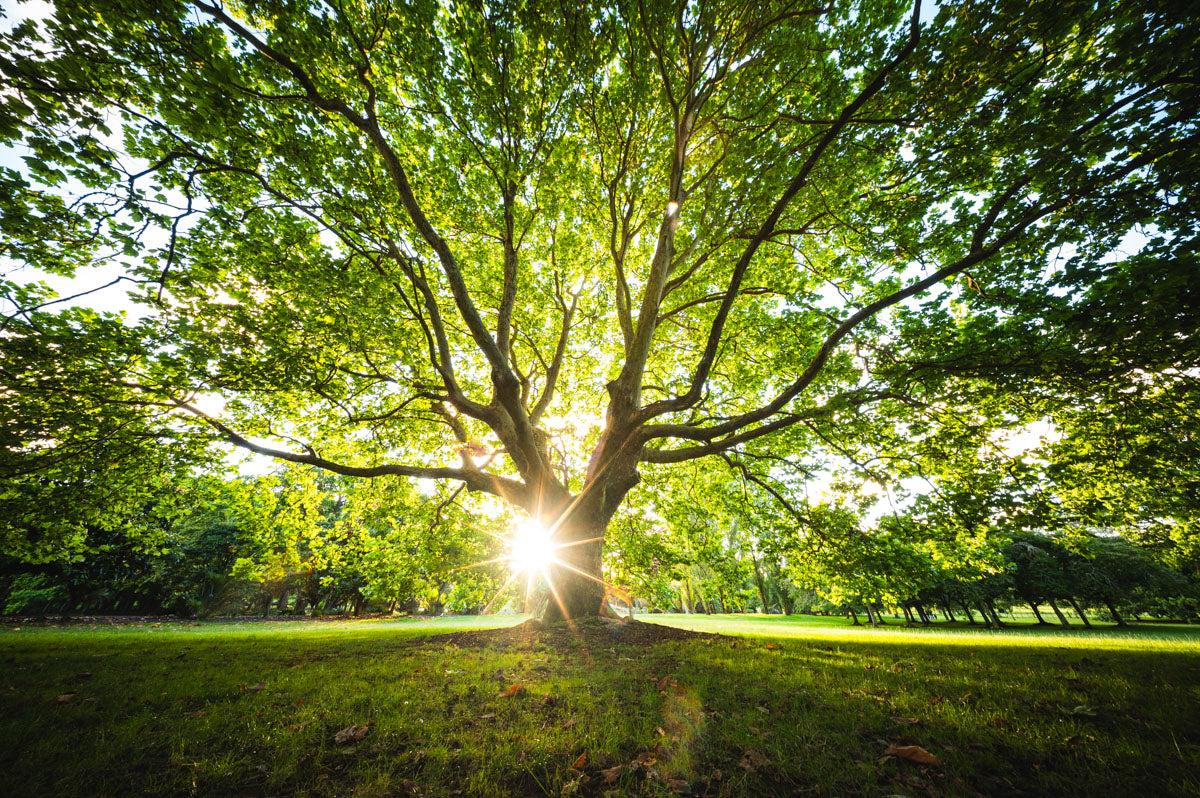
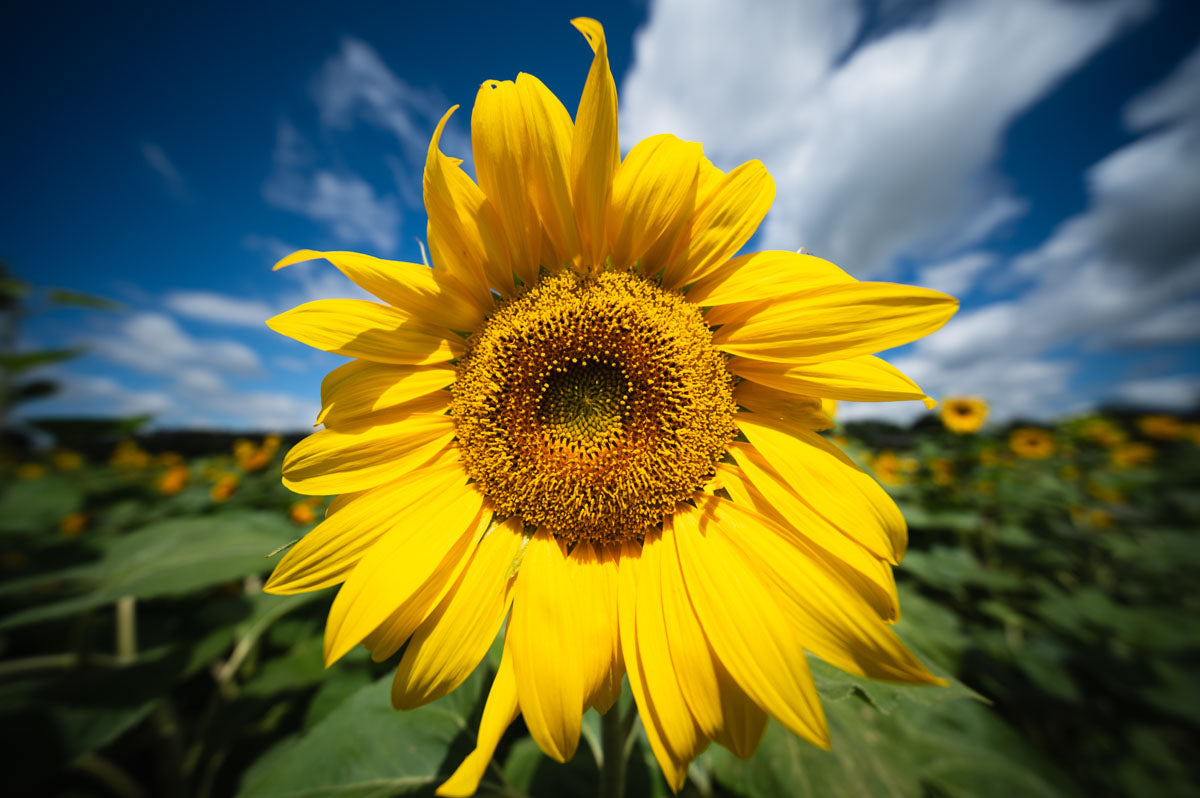
| Name | Laowa 10mm f/2.8 Zero-D FF |
|---|---|
| Format | Full-frame |
| Focal Distance | 10mm |
| Aperture Range | F2.8 |
| Angle of View | 130.4° |
| Lens Structure | 15 elements/9 groups (2 Aspherical Glasses, 3 ED Glasses) |
| Aperture Blades | 5 blades / 14 blades* * A 14-blade variant (only available in manual focus) can be ordered |
| Min. Shooting Distance | 4.72’’ / 12cm |
| Max. Magnification | 0.24X |
| Focusing | AF (Sony E, Nikon Z)/ MF (Canon RF, L mount) |
| Filter Thread | ø77mm |
| Dimensions | Ø3.23” x 2.97”/ Ø82 x 72.8mm |
| Weight | 0.925lbs/ 420g |
| Mounts (Auto-Focus) |
Auto-Focus: Manual Focus: |

